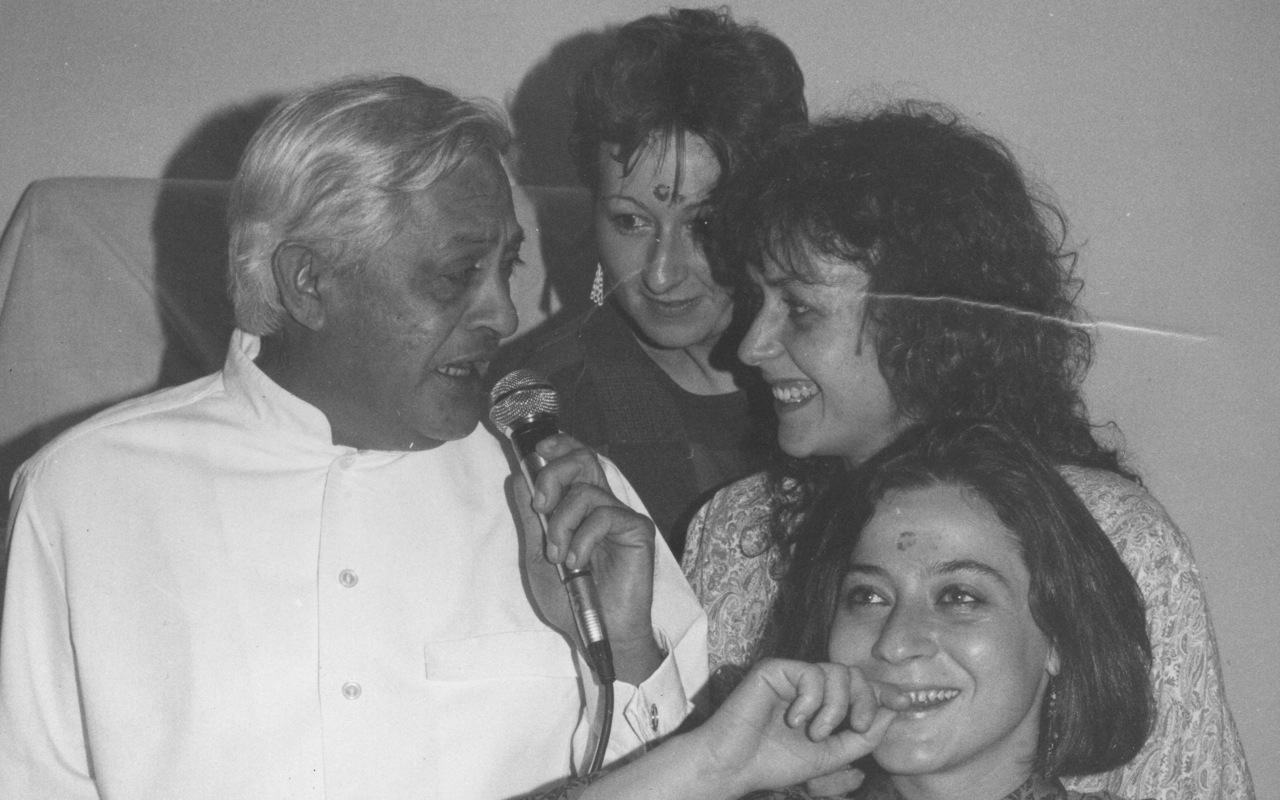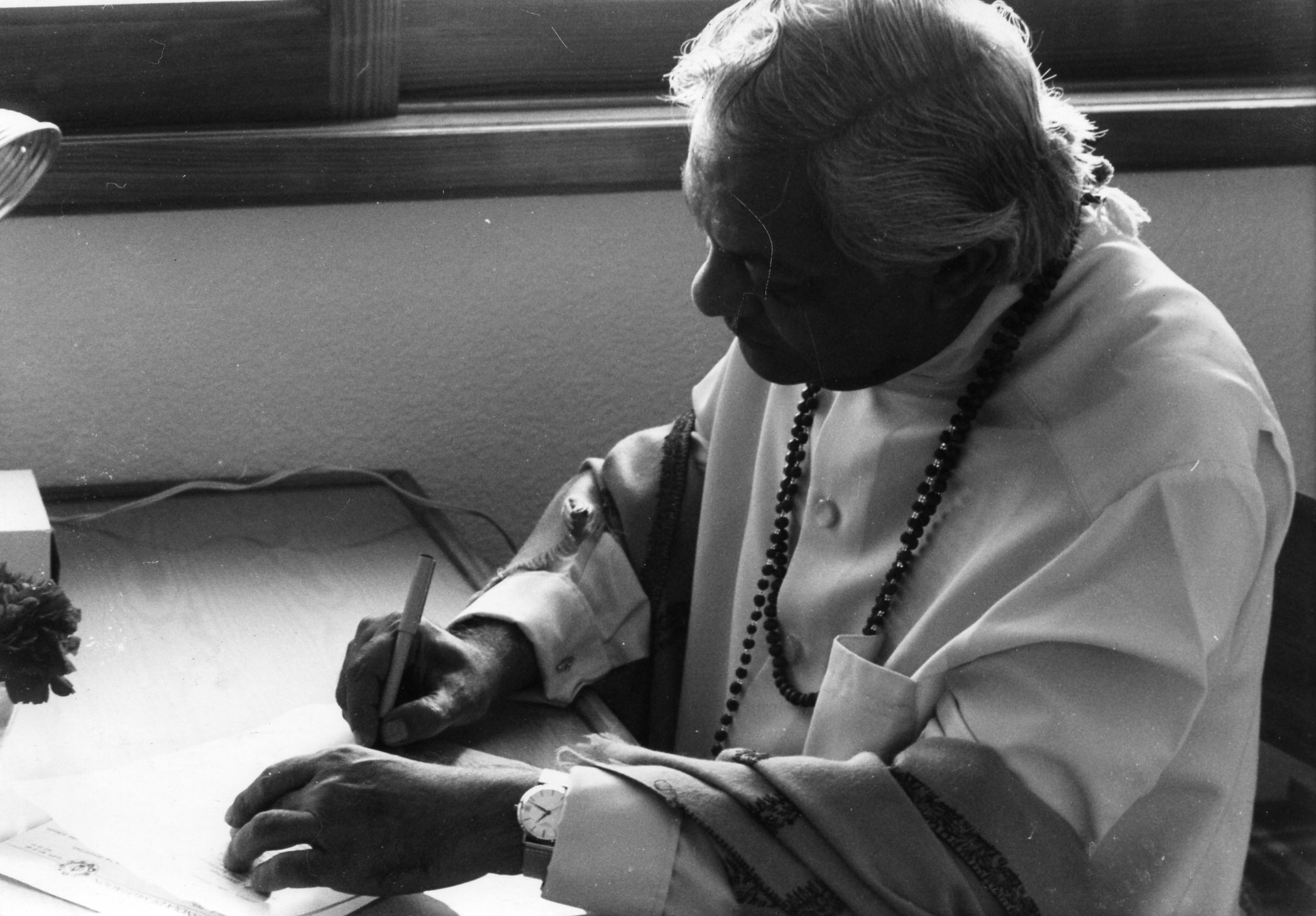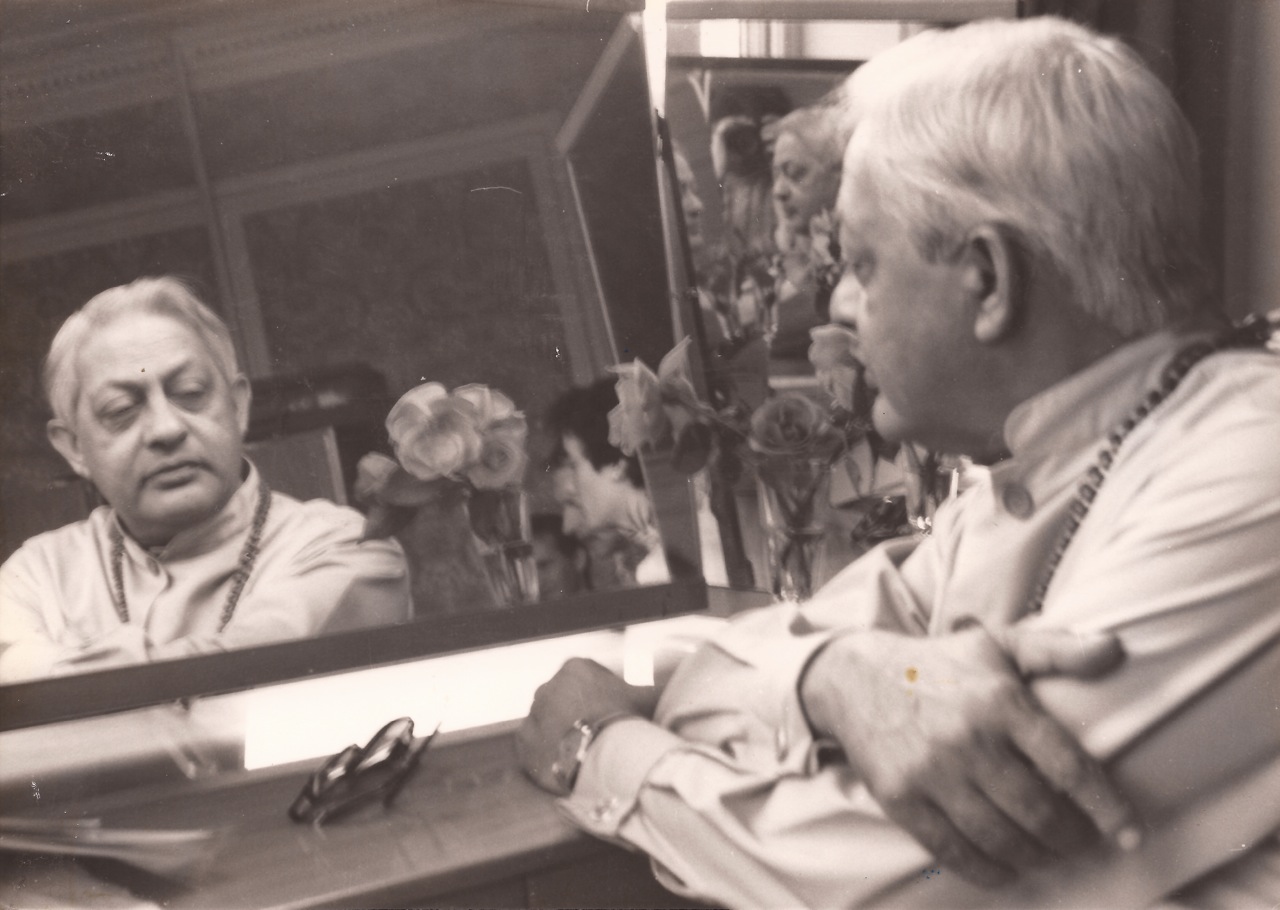
The element within the ‘I’ is this, that it is and it is not. So that which is forever changing could never have permanent value and because of its changefulness, it loses all its value in permanency.
Continue reading..."Let my love be measured by giving and not by gain"

Drug-taking leads to fragmentation; meditation leads to integration. Spiritual growth depends upon your honesty and sincerity, and on your wanting to find a certain inner freedom and yet be part of society. The big “I” permeates all thoughts, and all actions of the small “I”. The degree of permeation of the big “I” depends entirely […]













Size and shape or color and intensity may be different from that of the original flame. Unusual forms may appear: faces, objects, scenes. There is no “right” experience. Just enjoy what is there.

The element within the ‘I’ is this, that it is and it is not. So that which is forever changing could never have permanent value and because of its changefulness, it loses all its value in permanency.
Continue reading...
Now, we come to the last section of Niyama. The Sanskrit word is Ishwar Pranidarn, Ishwar Pranidam. That is what all religions are about, ‘Self-surrender to Divinity’. We talk and we read about, ‘Thy will be done’ – lip service. As long as we have this me and mine, Thee and Thine are forgotten, always. Self-surrender would imply this very principle, ’Thy will be done’. Now if you cannot surrender yourself to the impersonal God, the transcendental Divinity, then surrender yourself to the imminent God.
Continue reading...
Now the next principle of Niyama is Svadhyaha – that’s a Sanskrit word which means – you can have this piece of paper – Svadhyaha means self-study. Self-study and also study of Scriptures. Now, I’ve given you an example before – I don’t know if it was here or in America or wherever – it’s worth repeating: what does self-study mean? Self-study can be interpreted as self-analysis, for one, and it can also be interpreted as self-evaluation, self-evaluation.
Continue reading...
Tapas which literally means austerity. Now that austerity, like Brahmacharya is also a word so, so misinterpreted. Austerity doesn’t mean that you deprive yourself; that if you have a bed at home, a comfortable bed, that you will go and sleep on the ground
Continue reading...
Sochia – that’s a Sanskrit word which means ‘inner and outer cleanliness’, inner and outer cleanliness. Now the outer cleanliness does not necessarily refer to the body, although it’s part of it, but outer in this sense could also me environment, and how we react to the environment. Inner cleanliness necessarily involves right thinking
Continue reading...
So we have talked about non-attachment to these ties. It does not mean do not have ties, but view the ties objectively. View the ties objectively, and when we view these ties objectively, we do forget the curse of mankind….
Continue reading...
Aparigraha literally means rejection of all ties. Now, as a householder we cannot reject all ties. By ties I don’t mean the lovely maroon one you have on there.
Continue reading...
Brahmacharya, means to walk in the path of Divinity. That is the true meaning of Brahmacharya. Now to practise Brahmacharya, one necessarily must exercise some form of control. Now that control can be about eating, can be about sleeping, can be about drinking, or the sexual act.
Continue reading...
Gururaj was born and raised Parsotam Narshi Bhana in India. He lived most of his life beyond age 20 in Cape Town, South Africa. A brief synopsis of Gururaj's life up to age 44 is given below under chronology. Most pertinent, to this profile, is the

When one accepts oneself at one’s true value, then service is performed for the sake of service; and that service is just another name for devotion. The service of mankind is the service of God. It is the internal God that is externalized in His varied names and forms.

Questioner: Guruji, this question arises from the difficulty I have with the concept of the Personal God, God with form and I ask myself what is that form? And then I understand from the things that you have said in the past that the Personal God, Ishvara, continues to exist during the present cycle of […]
Questioner: Guruji, this question arises from the difficulty I have with the concept of the Personal God, God with form and I ask myself what is that form? And then I understand from the things that you have said in the past that the Personal God, Ishvara, continues to exist during the present cycle of […]

In every adversity there is opportunity. Man fails because he only sees the adversity. Because of his fragmented mind he does not recognize the opportunity. Karma is not only action of the physical body, but also action of the mind, and the mind’s action is on a more subtle level, but it is still action. […]

The best way according to Gururaj Ananda The best way to loose weight Now this girl had a problem, she was overweight, that was her problem. And she kept on talking about her weight problem. So she meets a friend who tells her that «Stop talking about your problem. The best way to lose weight […]

Gururaj was born and raised Parsotam Narshi Bhana in India. He lived most of his life beyond age 20 in Cape Town, South Africa. From age 44 until his demise, which he predicted, at age 56, he devoted himself to teaching groups of people, amounting to tens of thousands of students, the art of personalised […]

We believe life is problematic and we live our lives as a problem after another instead of an adventure after another.
Copyright © 2025 · Balance Child Theme on Genesis Framework · WordPress · Log in